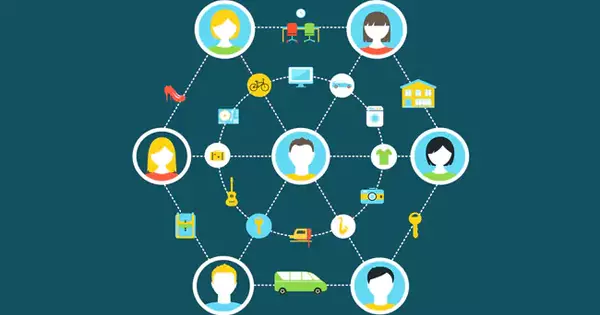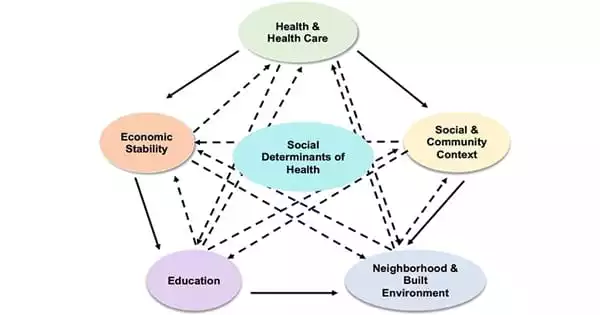The sharing economy is a socio-economic system built around the sharing of resources, such as goods, services, and skills, facilitated by technology platforms. These systems come in a variety of shapes and sizes, and they frequently make use of information technology and the Internet, particularly digital platforms, to facilitate the distribution, sharing, and reuse of excess capacity in goods and services. It allows people to exchange or share their underutilized assets or resources, such as cars, homes, tools, or time, with others for financial or non-financial benefits.
The concept of sharing economy emerged in the late 2000s with the growth of online platforms such as Airbnb, Uber, and TaskRabbit. These platforms enabled people to share their unused or idle resources with others in a peer-to-peer manner. They disrupted traditional business models and created new opportunities for individuals and small businesses to participate in the economy.
It can be facilitated by nonprofit organizations, which are typically based on the concept of book-lending libraries, in which goods and services are provided for free (or occasionally for a small subscription), or by commercial entities, in which a company provides a service to customers for profit. It relies on the will of the users to share and the overcoming of stranger danger.
The sharing economy has been hailed for its potential to reduce waste, increase resource efficiency, and create new forms of employment and income. It has also faced criticism for its potential to undermine labor protections, disrupt established industries, and exacerbate social inequality.
Despite the challenges, the sharing economy continues to evolve and expand, with new platforms emerging in various sectors such as food, healthcare, education, and finance. It is shaping the way we think about ownership, consumption, and collaboration, and is likely to have a significant impact on the future of work and society.
The sharing economy has been praised for providing new income opportunities for people and for promoting resource efficiency and sustainability by making better use of underutilized assets. However, it has also faced criticism for contributing to the erosion of traditional employment structures and for potential safety and regulatory concerns.
















